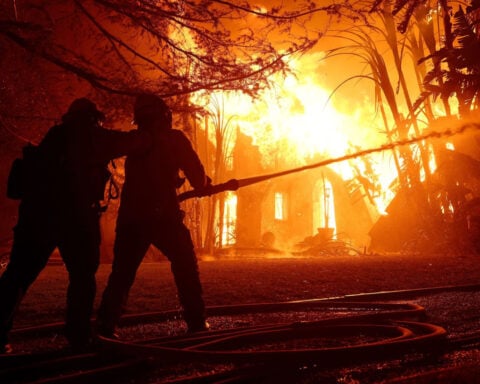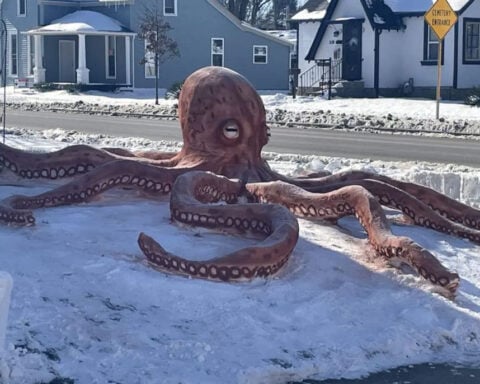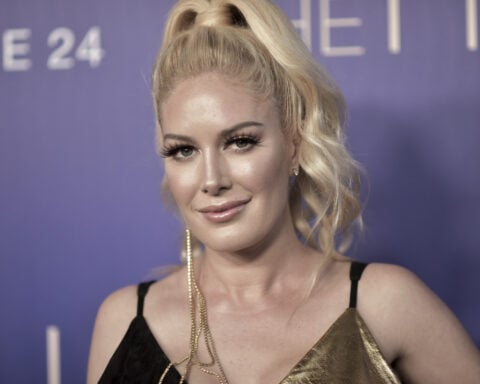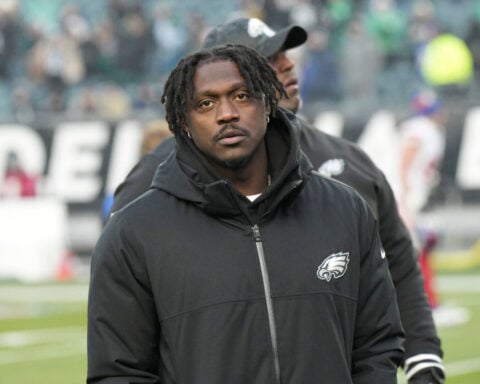Even over a decade later, the way Lost ended still gets fans riled up and asking what exactly happened. The ABC hit show, which aired from 2004 to 2010, revolved around a group of plane crash survivors trying to survive on a freaky island with some supernatural beings.
Over its six seasons, Lost entertained viewers with its deep character stories and crazy plot lines, building a cult following of fans obsessively analyzing every tiny detail.
On May 23, 2010, when the finale aired, tons of fans were bummed that more mysteries about the island were left unanswered The finale focused on the relationships between the characters to give a happy ending. Some viewers felt cheated of a concrete explanation for the island's mysteries.
At the heart of the controversy was the interpretation that all the plane passengers had been dead since the crash, existing in a supernatural purgatory the entire series. This stemmed from the finale's church scene depicting the main characters reuniting in an apparent afterlife setting.
However, the showrunners have refuted this "they were dead all along" theory over the years. Executive producer Carlton Cuse stated their intention was never to imply everyone died in the original crash. The footage revisiting the plane wreckage was simply meant as a narrative bookend, though he admits it was "too portentous” and it took another meaning.
"We put that footage at the end and I think the audience was so accustomed to everything on Lost to the idea that everything had meaning and purpose and intentionality.” That was not the intention," Cuse told Vulture in 2021.
The polarizing finale sought to prioritize character resolution over plot resolution According to writer Liz Sarnoff, the church represented a "bardo" spiritual realm where the characters' souls could reconnect after death, whenever that occurred for each person over the show's timeline.
"Our feelings were always, always, that it was going to have to be very emotional and character-based because we found when we gave answers to mysteries, the audience would reject them," writer Liz Sarnoff explained to Vulture. "Nobody wants the mystery to end, but they want answers."
Other viewers criticized aspects included introducing new mythological elements like the Temple Others late in the story, and not firmly clarifying the nature of the "flash-sideways" alternate universe glimpsed in season six.
While some choices still make them "grimace," according to Damon Lindelof, the producers stand by their ambiguous, open-ended conclusion focused on portraying the characters' journeys.
"Whether you like the finale or not doesn't bug me too much," Lindelof said. "But that idea they were dead the whole time – it negates the whole point of the show."

 No let up from dollar, US yield squeeze
No let up from dollar, US yield squeeze
 Sandy Hook families reach settlement over Alex Jones' bankruptcy
Sandy Hook families reach settlement over Alex Jones' bankruptcy
 US Labor Department enters deal with JBS to assist those affected by child labor
US Labor Department enters deal with JBS to assist those affected by child labor
 Mexican firefighters prepare to do battle with LA fires
Mexican firefighters prepare to do battle with LA fires
 Head of hostage NGO believes US journalist Tice still in Syria
Head of hostage NGO believes US journalist Tice still in Syria
 US Fed bank boards more diverse this year than last
US Fed bank boards more diverse this year than last
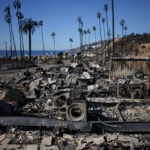 Sports-Los Angeles sports teams donate $8 million to wildfire relief efforts
Sports-Los Angeles sports teams donate $8 million to wildfire relief efforts
 Heidi Montag tops iTunes chart after losing house in Los Angeles wildfires
Heidi Montag tops iTunes chart after losing house in Los Angeles wildfires
 New Patriots coach Mike Vrabel says he knew in 'my soul that this is the place I wanted to be'
New Patriots coach Mike Vrabel says he knew in 'my soul that this is the place I wanted to be'
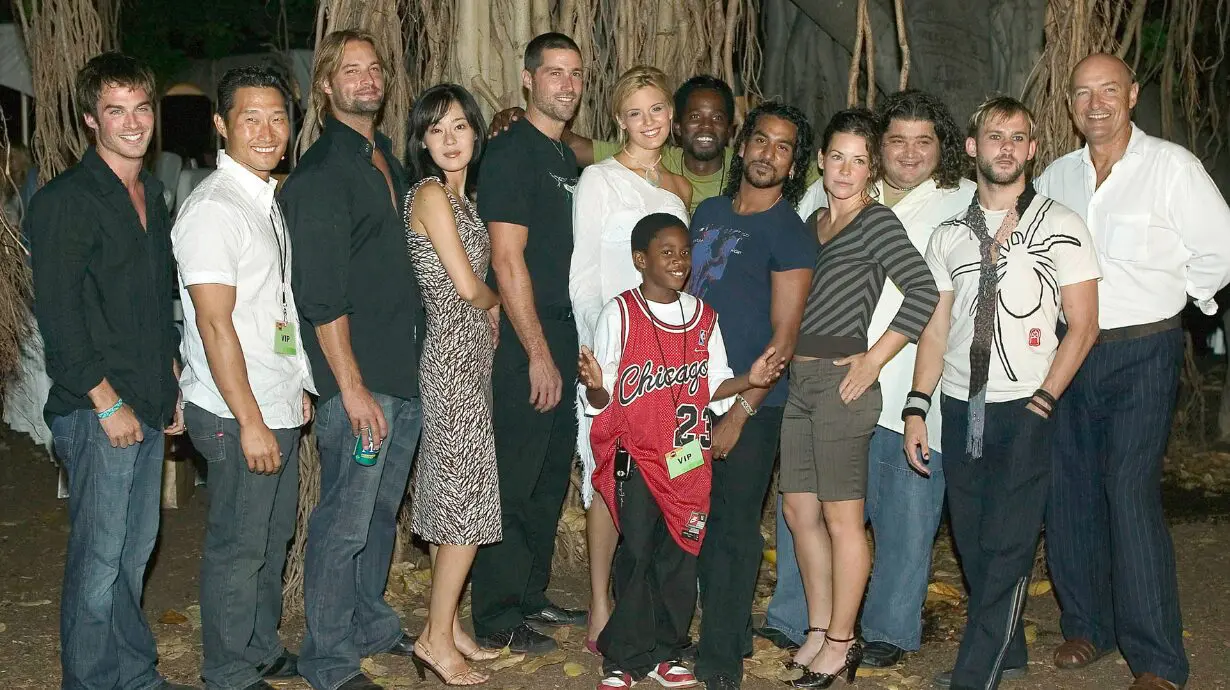 Getty
Getty

